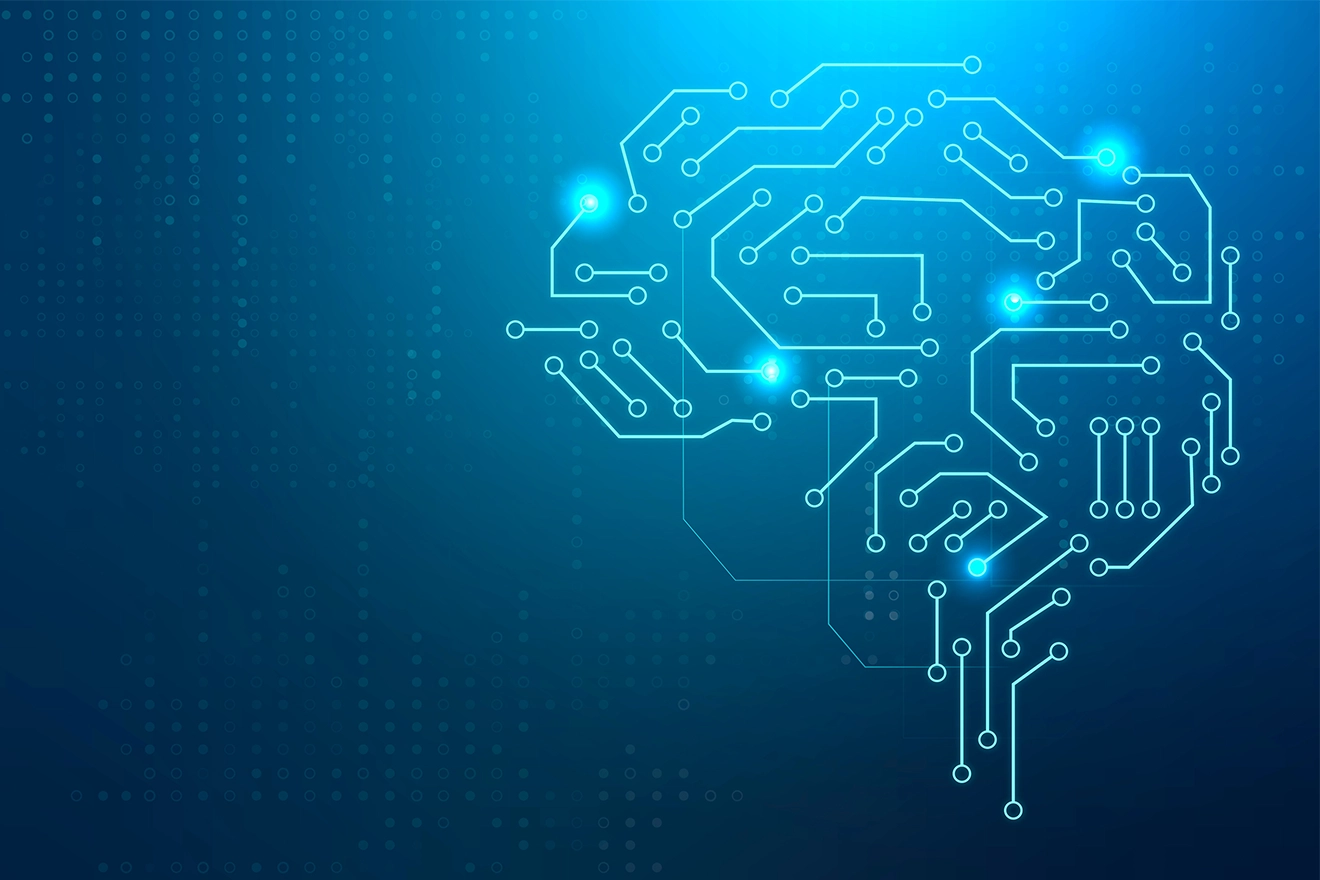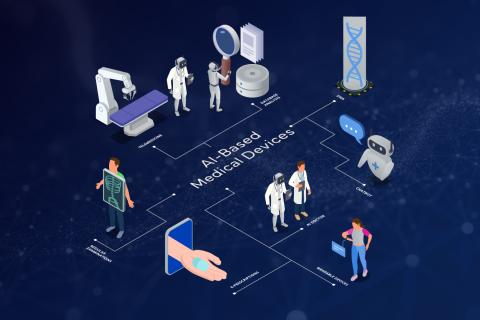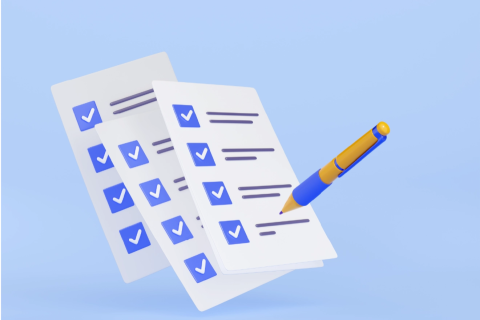
Artificial Intelligence (AI) has the potential to revolutionize the healthcare industry by improving the accuracy, efficiency, and speed of diagnosis and treatment. However, the development and deployment of AI medical devices also pose significant Regulatory challenges. In response, China's National Medical Products Administration (NMPA) has issued guidelines for registering and reviewing AI medical devices. This review will provide a comprehensive overview of these guidelines, their implications, and their potential impact on AI medical devices in China.
The guideline, titled "Guiding Principles for the Technical Review of Artificial Intelligence Medical Devices," was released by the NMPA in March 2022. The guideline outlines the requirements for developing, registering, and reviewing AI medical devices in China. The guideline applies to all AI medical devices, including those used for diagnosis, treatment, and monitoring of diseases.
The guideline states that AI medical devices should be developed in accordance with the principles of medical device quality management and that they meet the requirements of relevant national standards. In addition, AI algorithms used in medical devices must be validated and verified to ensure their safety, efficacy, and reliability. The guideline also requires that the AI medical devices be designed with user safety in mind and that they be user-friendly and easy to use.
Implications and Impact: The guideline has significant implications for the development and deployment of AI medical devices in China. It provides clear guidance on the Regulatory requirements for AI medical devices, which can help companies to develop and register their products more efficiently. However, the guideline also set high standards for AI medical devices, which can be challenging for companies to meet.
In addition, the guideline reflects China's broader strategy to become a global leader in AI technology. By promoting the development and deployment of AI medical devices, China aims to strengthen its position in the global AI industry and provide innovative solutions to address the country's healthcare challenges.
In addition, the NMPA has also released guidance documents on specific types of AI medical devices, such as "Technical Guidelines for the Clinical Application of Medical Artificial Intelligence-Assisted Diagnosis and Treatment System for Lung Cancer" and "Technical Guidelines for the Clinical Application of Medical Artificial Intelligence-Assisted Diagnosis and Treatment System for Coronary Artery Disease." These guidelines provide more specific requirements and recommendations for the development and registration of AI medical devices in these areas.
It is important to note that these guidelines are subject to change as the field of AI medical devices continues to evolve, and companies should regularly review and comply with the most current regulations and guidelines to ensure the safety and efficacy of their products.
The registration process for AI medical devices in China involves several steps, which are outlined in the guidelines issued by the NMPA. The process can be summarized as follows:
- Determine the Classification of the AI Medical Device: The classification of the device is based on the risk level associated with its use. There are three (03) classes: Class I (low-risk), Class II (moderate-risk), and Class III (high-risk).
- Obtain a Product Registration Certificate: The manufacturer must obtain a product registration certificate from the NMPA for the AI medical device. This requires submitting a registration application, including technical documentation, clinical trial data (if required), and other relevant information.
- Conduct Clinical Trials (if required): Depending on the risk level of the device, clinical trials may be required to demonstrate the safety and efficacy of the device. The NMPA provides specific requirements for clinical trial design and conduct.
- Submit Post-market Surveillance (PMS) Reports: After the device is approved and on the market, the manufacturer is required to submit PMS reports to the NMPA. These reports include information on adverse events, quality control, and other safety and efficacy data.
It is important to note that the registration process for AI medical devices in China is complex and can take several years to complete. In addition, the NMPA may require additional documentation or information during the review process, which can further delay the approval process. Therefore, it is recommended that manufacturers work closely with Regulatory consultants or legal representatives who are familiar with the process and can help navigate the Regulatory requirements.
To analyze go ahead with the registration and review of AI Medical Devices in China, reach out to our Regulatory expert. Stay informed. Stay compliant.









